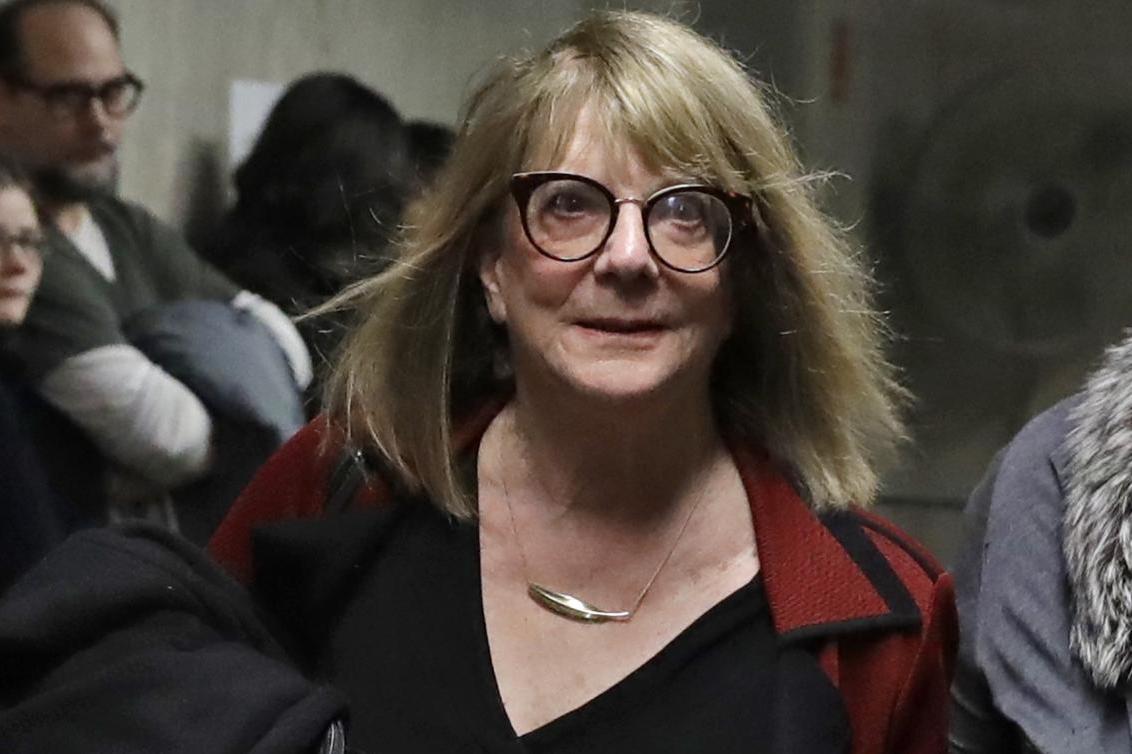Harvey Weinstein’s lawyers call on memory expert who testified in serial killer Ted Bundy’s trial
Elizabeth Loftus has stirred controversy in her field

Your support helps us to tell the story
From reproductive rights to climate change to Big Tech, The Independent is on the ground when the story is developing. Whether it's investigating the financials of Elon Musk's pro-Trump PAC or producing our latest documentary, 'The A Word', which shines a light on the American women fighting for reproductive rights, we know how important it is to parse out the facts from the messaging.
At such a critical moment in US history, we need reporters on the ground. Your donation allows us to keep sending journalists to speak to both sides of the story.
The Independent is trusted by Americans across the entire political spectrum. And unlike many other quality news outlets, we choose not to lock Americans out of our reporting and analysis with paywalls. We believe quality journalism should be available to everyone, paid for by those who can afford it.
Your support makes all the difference.Harvey Weinstein’s lawyers on Friday called to the stand a memory expert who once testified during serial killer Ted Bundy’s trial.
Elizabeth Loftus, a cognitive psychologist, spoke as Weinstein’s fate hinged largely on accounts of alleged assaults dating back several years.
“It doesn’t take a PhD to know that memory fades over time,” Loftus told jurors inside the New York City courtroom.
Weinstein is accused of raping a woman in 2013 and performing a forcible sex act on another woman in 2006. He has pleaded not guilty and has denied all allegations of non-consensual sex.
As memories fade, Loftus said on Friday, people become more vulnerable to “post-event information,” including media reports that can distort what they remember. They also can distort their own memories with inferences and guesses about past events.
False memories “can be experienced with a great deal of detail, a great deal of emotion, even though they’re false,” she said. “The emotion is not a guarantee you’re dealing with an authentic memory.”
Loftus took the witness stand a day after prosecutors rested their case against Weinstein. It featured more than two weeks of testimony, including the accounts of six women who alleged that the once-powerful Hollywood boss subjected them to vile sexual behaviour.
Weinstein’s lawyers are aiming to cement doubts about the women’s allegations. In some cases, the encounters the women were recalling happened a decade or longer ago.
Referring to actress Annabella Sciorra, who alleges that Weinstein barged into her apartment and raped her in 1993 or 1994, Loftus said: ”that’s an extraordinarily long period of time where there can be substantial fading of memory.”
Loftus was on the stand for for about an hour, her testimony curtailed by a ruling barring her from talking about memories specific to sexual interactions. She testified that she also was not asked to evaluate any of the accusers or their testimony.
Loftus, the co-author of the 1994 book The Myth of Repressed Memory: False Memories and Allegation of Sexual Abuse, has stirred controversy in her field, partly owing to her testifying in high-profile trials such as Bundy’s.
In her 1992 book Witness for the Defence, Loftus wrote that in her work for Bundy she seized on “leading and suggestive questions” by investigators and “hesitations and uncertainties on the part of the victim” as signs of muddled memories.
Loftus has called her own memories of her involvement in the Bundy case “strange and painful”.
On the stand Friday, Loftus told jurors that interactions with law enforcement “can lead people to want to produce details”.
“Some can be accurate, and some can be false and inaccurate,” Loftus said.
When prosecutor Joan Illuzzi-Orbon asked the witness whether she was originally asked to be a defence consultant, rather than a witness, she responded, “I don’t remember what I was asked exactly.”
“Is that due to post-event information?” Illuzzi quipped.
Additional reporting by agencies